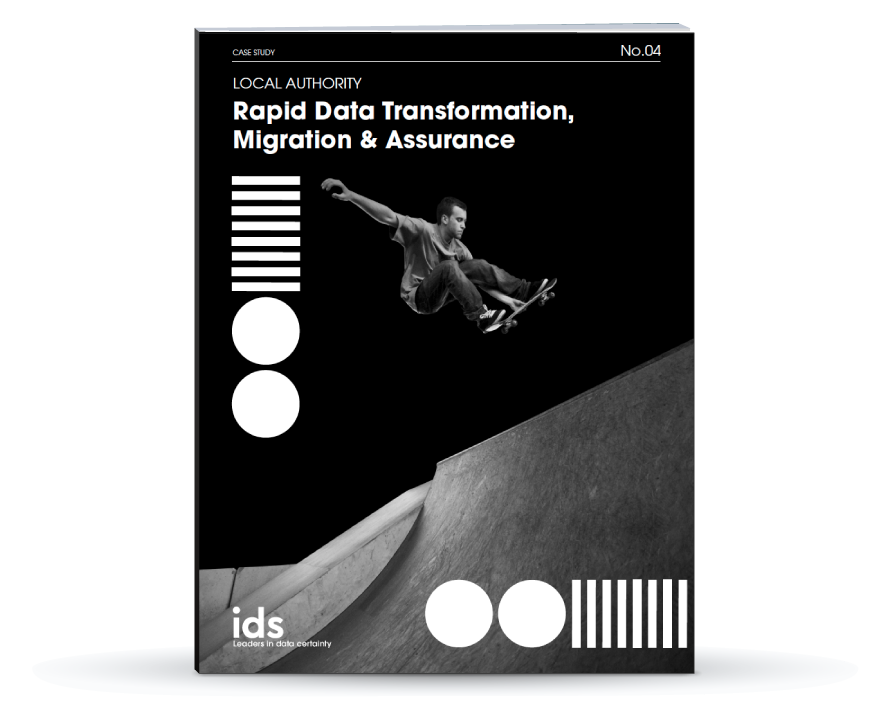Building a Data Quality Framework to Drive Data Quality Assurance
Following on from our previous blogs that have covered various topics on the subject of data quality including what we mean by the term and why it is important for all types and sizes of business, this blog aims to provide you with some practical advice towards building a Data Quality Framework that will help you to develop the data quality culture needed to permeate your entire organisation in order to provide assurance that your data is fit for purpose.
But before getting into the details of the framework it is worth just reminding ourselves why data quality matters. Increased digitisation means that in today’s fast paced business world, data needs to be treated as a critical asset that underpins virtually every strategic policy and routine operational decision, at all levels of the business. If data is weak or of doubtful quality it will undeniably lead to unreliable outcomes resulting in operational inefficiencies, competitive disadvantages and missed business targets.
So it is clearly in every organisation’s self-interest that processes, procedures and people are put in place to ensure that data quality meets and is maintained at the highest possible standard needed to achieve successful and sustainable growth.
Consistency and Reliability
The first thing to bear in mind is that a data quality management framework needs to be consistent across all levels of the organisation and is based on industry best practices supported by the right tools to develop buy-in from all employees and stakeholders. Once data quality is embedded in the corporate DNA the challenge of ensuring that standards are maintained and that data can be relied on are considerably reduced.
Plan, Plan and Plan
Before starting to build a data quality framework good planning is critically important to mitigate the risk of issues arising at any stage during the data lifecycle. This means taking time to consider how the data will be acquired, collected, stored and managed as well as how it will fit with your core business objectives.
A report into how to build a multifaceted data quality model, published last year by the leading research group Gartner, provides a good starting point for businesses that may be new to the whole concept of DQM. It offers data and analytics leaders in your organisation some practical guidance that identifies the steps that should be taken to resolve data quality issues.
Identify capabilities
Identify capabilities and deficits that affect the success of your enterprise’s data quality initiatives.
Work with Stakeholders
Work with stakeholders to build a data quality operating model to augment your data quality practices.
Scope
Define the scope of your data quality program with clear business outcomes in mind.
Culture and Governance
Design and operate business-driven data governance focusing on targeted data quality improvements.
Process and Practices
Embed data quality tasks in business processes and monitor the progress over time.
Organization and People
Establish data-quality-related roles that are critical to the success of data quality initiatives.
Technology and Patterns
Use data quality tools (such as iData) to automate manual data quality tasks.
Metrics and Monitoring
Identify concrete and measurable data quality metrics linked to D&A outcomes, monitor progress and have procedures in place to make sure that records containing personal data are accurate, adequate and not excessive.
Not Just Operational Benefits
As well as the clear operational business benefits, implementing a data quality framework is also a way of helping to ensure that your organisation complies with the latest GDPR data privacy and governance regulations that are now being strictly enforced. With companies receiving fines of up to 40% of global turnover following a data breach, every organisation should take data quality very seriously.
At IDS we have built a comprehensive suite of data quality management tools as well as specialist training courses that combine extensive test data management and quality assurance experience covering every step on the DQM journey. If you would like to discuss how we can support your organisation in achieving long term quality assurance goals we would be delighted to arrange an initial call for you with one of our data experts.

Performing Rapid Data Transformation for a Local Authority
IDS' fourth downloadable reveals how migrating from SAP to a new ERP was completed with a 48% reduction in time with QA at the heart of the approach


